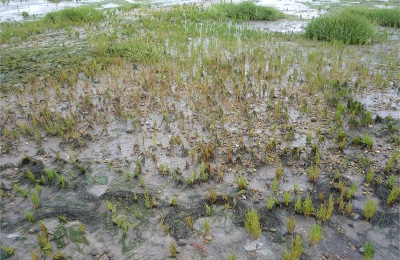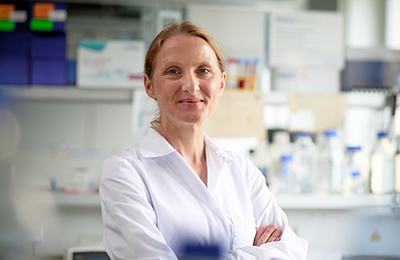ERC Grant for Prof. Philippe van Basshuysen’s studies on the influence of scientific models on reality
On 1 February 2024, a new ERC Starting Grant was started at Leibniz University Hannover (LUH). Prof. Dr. Philippe van Basshuysen has received the prestigious European Union funding to spend the coming five years researching how scientific models not only reflect the world but can also change it. His project MAPS – Managing Performative Science also develops strategies for dealing with this phenomenon in a better way.






